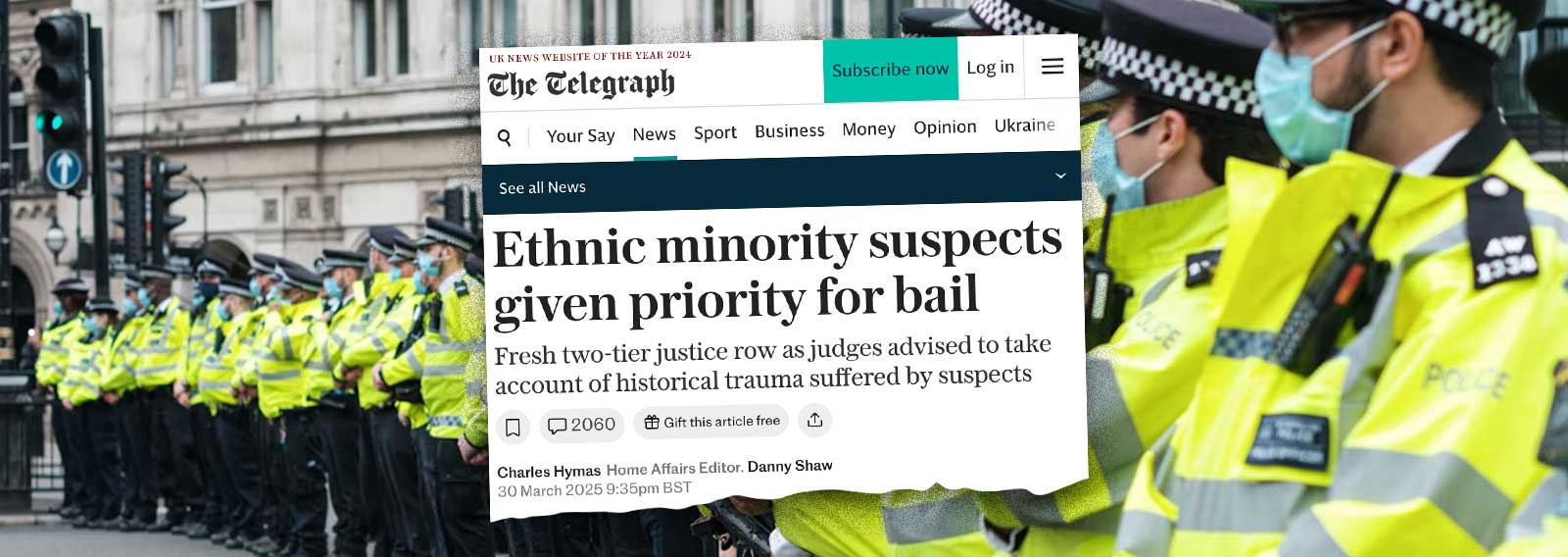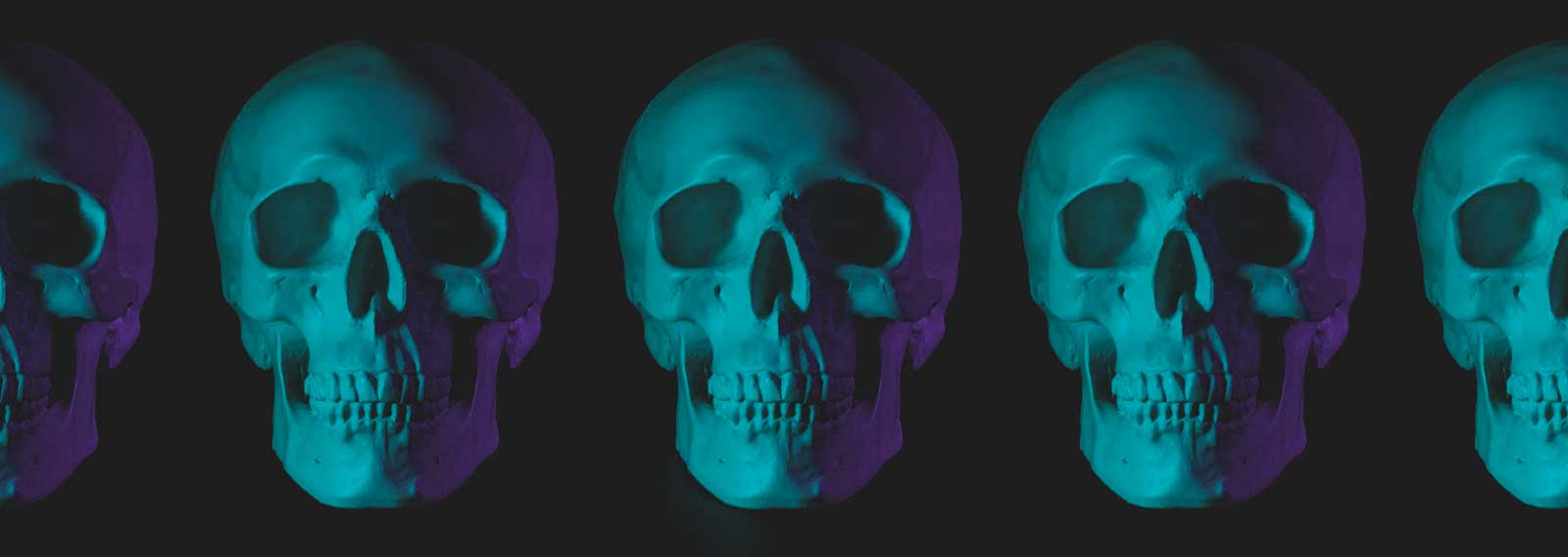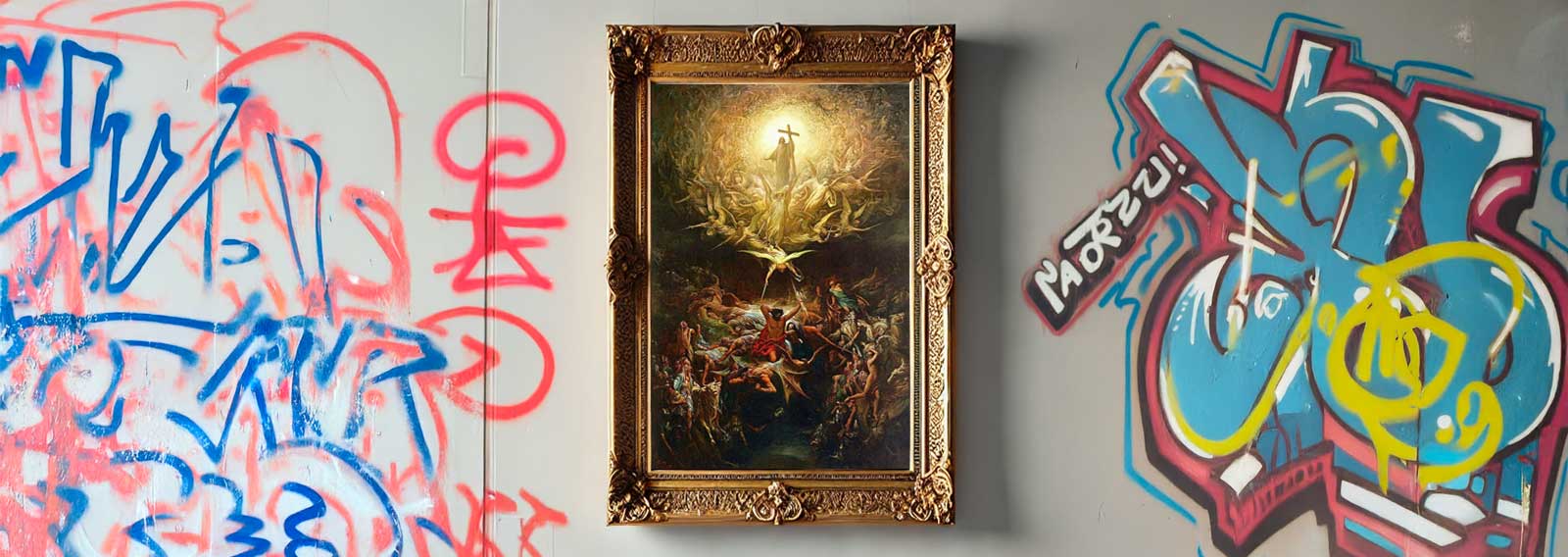Today there is no shortage of those who enjoy all the benefits and privileges of a free and prosperous West while at the same time telling us how bad it is and why they hate it. Western self-loathing and self-condemnation are a main way we see societies coming under threat today. No more is it the fear of external enemies as much as it is those who want to see it destroyed from within. Genuine external enemies can just sit back and watch all this with delight.
Many have sought to sound the alarm in this regard. The English historian Arnold Toynbee (1889-1975) could rightly say that “Civilizations die from suicide, not by murder.” Other voices spoke to this spectacle of societal suicide. Many can be mentioned, but I will highlight just one important writer.
Jean-François Revel (1924-2006), was a French philosopher and journalist. In his younger days he was a socialist but he later on championed classical liberalism and the free market. Sometimes those who had been a part of the left can offer some of the best critiques of it, and that is certainly the case with Revel.
Over the years a number of key works from his pen appeared, including:
Without Marx or Jesus (Doubleday, 1970)
The Totalitarian Temptation (Doubleday, 1976)
How Democracies Perish (Doubleday, 1983)
Anti-Americanism (Encounter Books, 2003)
I wrote a review of that final volume here.
But here I want to dwell on How Democracies Perish. Well over 40 years ago Revel could see that the West was in dire straits, and external enemies back then – most notably Soviet Communism – were being aided and abetted by those within the West who were simply blind to the goods of their own world, and deceived about the so-called goods of the Marxist version of events.
That combination always spells trouble, and no society can long last with this two-pronged assault. Revel was rather pessimistic about the state of play back then and questioned whether democracies would survive through to the end of the century.
Of course, he lived on for a few more decades, so he did see the collapse of the Soviet Empire. But his warnings about Western self-immolation continued, as in his 2003 volume. Here I simply want to share some quotes from the book, and hope that we see that his warnings are still very much needed today. He begins the 1983 book with these words:
Democracy may, after all, turn out to have been a historical accident, a brief parenthesis that is closing before our eyes.
In its modern sense of a form of society reconciling governmental efficiency with legitimacy, authority with individual freedoms, democracy will have lasted a little over two centuries, to judge by the speed of growth of the forces bent on its destruction. And, really, only a tiny minority of the human race will have experienced it. In both time and space, democracy fills a very small corner. The span of roughly two-hundred years applies only to the few countries where it first appeared, still very incomplete, at the end of the eighteenth century. Most of the other countries in which democracy exists adopted it under a century ago, under half a century ago, in some cases less than a decade ago.
Democracy probably could have endured if it were the only type of political organization in the world. But it is not basically structured to defend itself against outside enemies seeking its annihilation, especially since the latest and the most dangerous of these external enemies, communism—the current and complete model of totalitarianism—parades as democracy perfected when it is in fact the absolute negation of democracy.
Democracy is by its very nature turned inward. Its vocation is the patient and realistic improvement of life in a community. Communism, on the other hand, necessarily looks outward because it presides over a failed society and is incapable of engendering a viable one. The Nomenklatura, the body of bureaucrat-dictators who govern the system, has no choice, therefore, but to direct its abilities toward expansion abroad. Communism is more skillful, more persevering than democracy in defending itself. Democracy tends to ignore, even deny, threats to its existence because it loathes doing what is needed to counter them. It awakens only when the danger becomes deadly, imminent, evident. By then, either there is too little time left for it to save itself, or the price of survival has become crushingly high.
In addition to its external enemy (once Nazi, now Communist), whose intellectual energy and economic power are primarily destructive, democracy faces an internal enemy whose right to exist is written into the law itself.
Totalitarianism liquidates its internal enemies or smashes opposition as soon as it arises; it uses methods that are simple and infallible because they are undemocratic. But democracy can defend itself from within only very feebly; its internal enemy has an easy time of it because he exploits the right to disagree that is inherent in democracy. His aim of destroying democracy itself, of actively seeking an absolute monopoly of power, is shrewdly hidden behind the citizen’s legitimate right to oppose and criticize the system. Paradoxically, democracy offers those seeking to abolish it a unique opportunity to work against it legally. They can even receive almost open support from the external enemy without its being seen as a truly serious violation of the social contract. The frontier is vague, the transition easy between the status of a loyal opponent wielding a privilege built into democratic institutions, and that of an adversary subverting those institutions. To totalitarianism, an opponent is by definition subversive; democracy treats subversives as mere opponents for fear of betraying its principles.
What we end up with in what is conventionally called Western society is a topsy-turvy situation in which those seeking to destroy democracy appear to be fighting for legitimate aims, while the defenders of democracy are pictured as repressive reactionaries. Identification of democracy’s internal and external adversaries with the forces of progress, legitimacy, even peace, discredits and paralyzes the efforts of people who are only trying to preserve their institutions.
Already besieged by this combination of hostile forces and negative logic, the democracies are also harassed by guilt-producing accusations and intimidation such as no other political system has ever had to tolerate…. (pp. 3-5)
The West is a “willing victim” as he discusses in the next chapter:
Democratic civilization is the first in history to blame itself because another power is working to destroy it. The distinguishing mark of our century is not so much communism’s determination to erase democracy from our planet, or its frequent success in pursuing that end, as it is the humility with which democracy is not only consenting to its own obliteration but is contriving to legitimize its deadliest enemy’s victory.
It is natural for communism to try with all its might to eliminate democracy, since the two systems are incompatible and communism’s survival depends on its rival’s annihilation. That the Communist offensive is more successful, more skillful than democracy’s resistance, will be seen by history as just another example of one power outmaneuvering another. But it is less natural and more novel that the stricken civilization should not only be deeply convinced that it deserves to be defeated, but that it should regale its friends and foes with reasons why defending itself would be immoral and, in any event, superfluous, useless, even dangerous.
Civilizations losing confidence in themselves: an old story in history. They stop believing they can survive, because of an internal crisis that is both insoluble and intolerable or under threat from an external enemy so strong that the only remaining choice is between servitude and suicide. I do not believe democracy is in either predicament, but it acts as if it were in both. It seems almost eager to believe in its own guilt and in the inevitable result of that guilt. Democracy’s predecessors hid such beliefs as shameful even when they thought, or knew, they were doomed. But democracy is zealous in devising arguments to prove the justice of its adversary’s case and to lengthen the already overwhelming list of its own inadequacies.
Are these inadequacies real or imaginary? Some are real, of course, just as there is real cause to blame specific democracies or the democracies in general for some of the injustice and misfortune in the world. But many of these alleged inadequacies and much of the democracies’ responsibility for the world’s ills are exaggerated or conjectural or purely imaginary. And besides, are those real faults serious enough to provide moral justification for totalitarianism to exterminate the democracies? And why are the imaginary flaws so widely credited in the democracies themselves, which thus consent to their own calumniation? (pp. 7-8)
He continues:
Self-criticism is, of course, one of the vital springs of democratic civilization and one of the reasons for its superiority over all other systems. But constant self-condemnation, often with little or no foundation, is a source of weakness and inferiority in dealing with an imperial power that has dispensed with such scruples. Believing one is always right, even when the facts say otherwise, is as blinding and weakening to a society as to an individual. But assuming one is always wrong, whatever the truth may be, is discouraging and paralyzing. Not only do the democracies today blame themselves for sins they have not committed, they have formed the habit of judging themselves by ideals so inaccessible that the defendants are automatically guilty. It follows that a civilization that feels guilty for everything it is and does and thinks will lack the energy and conviction to defend itself when its existence is threatened. Drilling into a civilization that it deserves defending only if it can incarnate absolute justice is tantamount to urging that it let itself die or be enslaved. (pp. 9-10)
That last paragraph is especially important. It is great to know that prophetic voices such as Revel’s were heard back then. But it is distressing to know that in so many ways his warnings have gone unheeded.






















